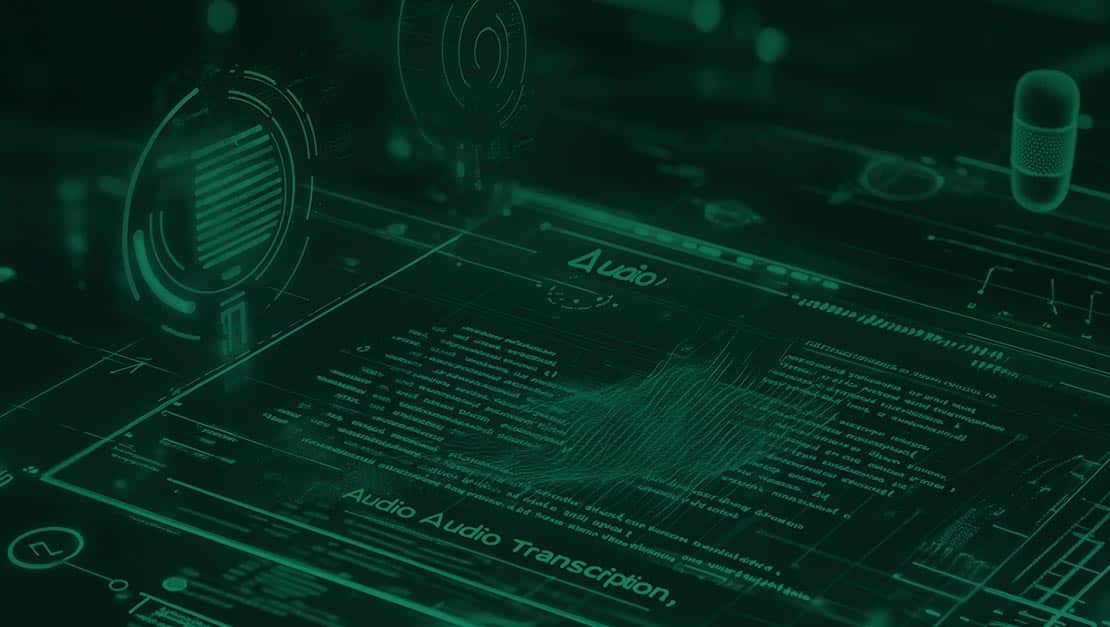Voice analytics technologies are becoming more prevalent in many industries. As the technology becomes more accurate and reliable, more and more businesses are turning to voice analytics to improve their customer support offerings and improve operational efficiency.
This type of analytics gleans insights from spoken languages, which in turn is used to collect data and insights that can enhance business processes. This technology can be used across the board, from call centers to healthcare facilities and more, making it adjustable to a variety of needs.
In this post, we’ll take a closer look at voice analytics and examine its use cases, benefits, challenges, and how voice technology like aiOla is helping businesses remain competitive and giving them access to meaningful insights.
What Is Voice Analytics? Definitions and Fundamentals
Voice analytics is the process of analyzing spoken words to gather insights and information. It’s often employed using a voice recognition technology that converts speech and voice into text, which can then be analyzed with various techniques to extract valuable data.
In the conversion processes, advanced technologies work to identify keywords in the speech, analyze sentiment, and even detect specific emotions or speaker intentions to extrapolate an accurate meaning to the speech. Voice analytics systems rely on technologies like artificial intelligence (AI), machine learning (ML), and natural language processing (NLP) to complete the process of converting and analyzing speech.
Applications of Voice Analytics
Voice analytics tools can be used in many different ways in our work and personal lives. By using AI voice analytics systems, organizations can offer a better service by having a smart system handle incoming inquiries, taking over manual tasks, or improving documentation. Here are a few ways it can be applied in the workplace:
Customer Service and Support
Voice analytics in customer service helps service centers direct calls to the correct agent or department. It can also help analyze customer sentiment and even resolve common issues, like delivery inquiries. Reports show that organizations using voice analytics on their calls can reduce handling time by 40%.
Sales and Marketing
In marketing, voice analytics can be used to field potential leads and better understand customer needs and preferences in order to improve sales. For example, sales teams can analyze calls to determine which sales pitches are working most effectively.
Healthcare
In medical settings, voice analytics can be applied to patient-doctor interactions to improve patient care. Healthcare providers can analyze patient calls to identify symptoms, track patient progress, and redirect calls to the right medical department.
Security and Fraud Detection
Voice analytics can be used for authentication purposes, helping companies with fraud detection. Voice biometrics can be used to identify individuals based on unique vocal patterns, and these systems can be applied by banks to verify customer identities when they call to prevent unauthorized transactions.
Human Resources and Employee Monitoring
Voice analytics systems allow human resources teams to monitor performance evaluations and identify areas for improving employee training. For example, companies can analyze sales calls to identify coaching opportunities with specific sales representatives.
The Benefits of Using Voice Analytics
There are many advantages voice analytics can bring to all kinds of industries. By turning to advanced technologies to analyze speech, businesses gain access to valuable insights that have the power to make operations more efficient and enhance the customer experience. Here’s a look at some of the most common ways it can benefit different industries:
Improved Customer Experience
Voice analytics allow businesses to understand customer needs and sentiments, which can help them create more personalized interactions. With this technology, companies can identify trends, common issues, and areas for improvement. All of this can lead to offering a better customer experience and improving trust and relationships with your clients.
Enhanced Operational Efficiency
Through analyzing large volumes of customer data, voice analytics tools help companies save time and resources compared to doing these processes manually. Businesses can use these insights to identify bottlenecks, streamline procedures, and make workflows more efficient.
Better Decision Making
With valuable, accurate, and real-time insights into customer interactions voice analytics helps organizations make well-informed decisions. Through identifying emerging trends, client preferences, and even areas for improvement, the data businesses rely on for important decisions is more dependable.
Compliance and Risk Management
Businesses need to comply with safety and security regulations, and with voice analytics tools, they can identify non-compliant behavior through speech, detect fraud, and better ensure employees adhere to company policies. In this way, organizations can mitigate risks and maintain regulatory compliance.
Long-term Cost Savings
As companies implement new voice technologies, the insights they glean from these solutions can lead to long-term cost savings. Whether by reducing the time customer service agents spend on a call or cutting down on manual tasks, adopting speech technology can reduce costs and spending by as much as 20 to 30%.
Challenges and Limitations of Voice Analytics
While it offers significant benefits, voice analytics isn’t without its challenges. As an emerging technology that’s constantly evolving, the limitations of voice analytics technology imply that it’s not yet accessible to everyone, though that too is quickly changing.
Here’s a quick look at some of the challenges this technology currently faces:
- Data privacy and ethics concerns: The use of voice analytics raises concerns about the privacy of sensitive customer voice data and its ethical use in business environments
- Accuracy and reliability: Many analytics technologies still face accuracy challenges when it comes to transcribing and interpreting speech, particularly with accents, background noise, or in situations where there are multiple speakers
- Integration with existing systems: Organizations may have a difficult time integrating new analytics tools with legacy systems as they can be complex and require significant resources and expertise, making it trickier for smaller businesses to adopt
- Regulatory compliance: All analytics systems need to comply with regulations like GDPR or HIPPA to securely govern the collection, storage, and use of personal voice data
- Implementation cost: Integrating and maintaining voice analytics solutions can be costly, as is the cost of ensuring data security and compliance, especially for smaller businesses with limited budgets
aiOla: Turning Voice Into Action
aiOla’s speech AI technology helps companies harness the power of voice to gather critical data that help improve business operations. Through our platform, companies can collect data through speech, which can both trigger automations and inform essential business decisions and workflows.
Using aiOla, companies using our patented voice AI technology have been able to cut down on manual tasks like inspections, improve safety by keeping data collection hands-free, and increase production uptime. aiOla’s speech AI technology can understand over 100 languages including different accents, dialects, and industry jargon in any acoustic environment with astounding accuracy levels, making it suitable for all types of industries.
Today, aiOla is being used in industries like fleet management, food safety, and logistics and warehousing in order to increase operational efficiency and help teams gather reliable data through speech. With aiOla’s voice analytics capabilities, companies can remain competitive in their fields while ensuring the decisions they make are based on the most up-to-date and reliable data.
Voice Analytics: The Tool of the Future
As technology continues to evolve, more and more companies are likely to adopt voice analytics and other speech AI systems. Advances in ML, AI, and NLP along with integrations with other technologies like the Internet of Things (IoT) are making voice analytics systems essential to almost any business. With solutions like aiOla, organizations can already start bringing the future of voice technology to their businesses today.
Book a demo with one of our experts to learn more about how aiOla’s AI-powered voice technology works.








